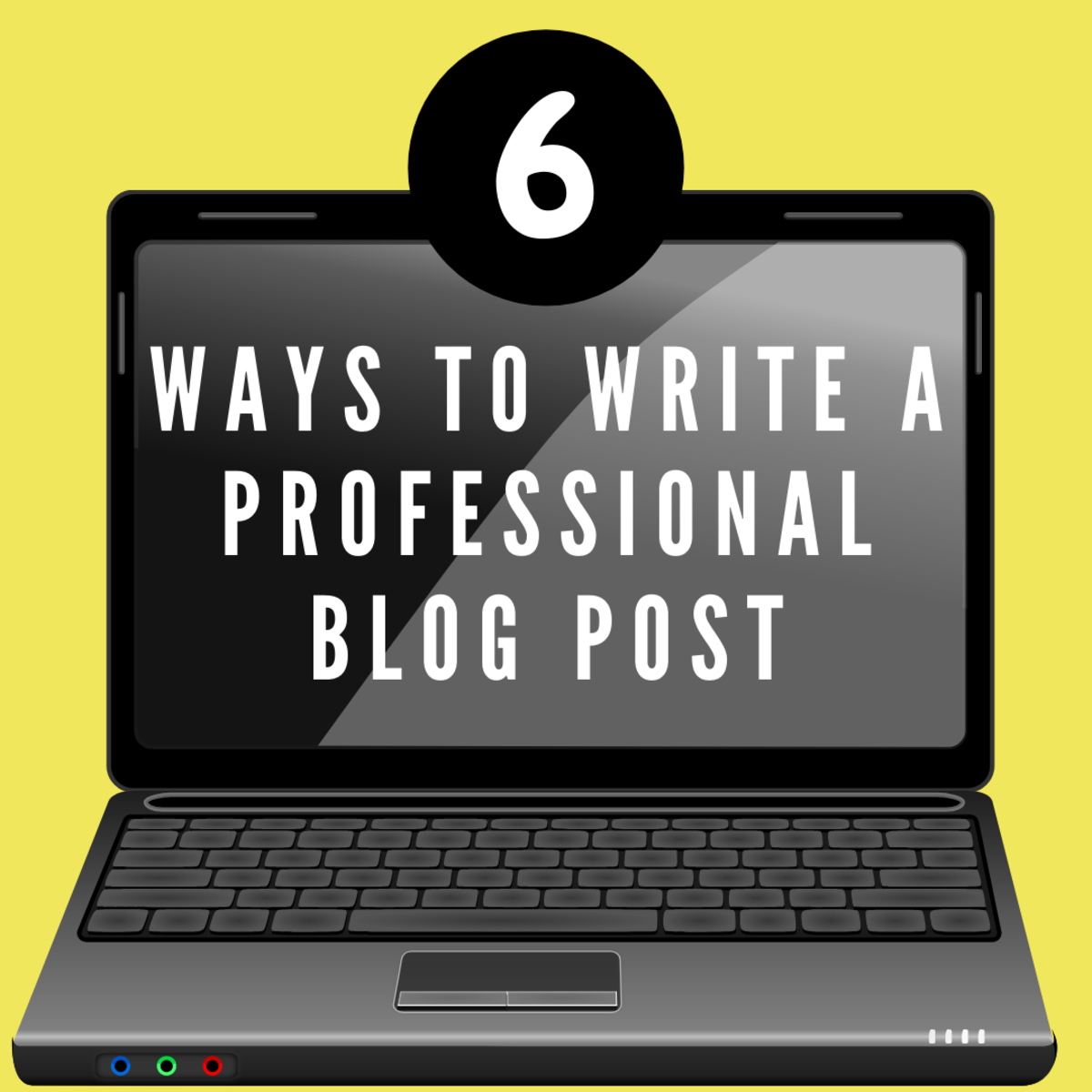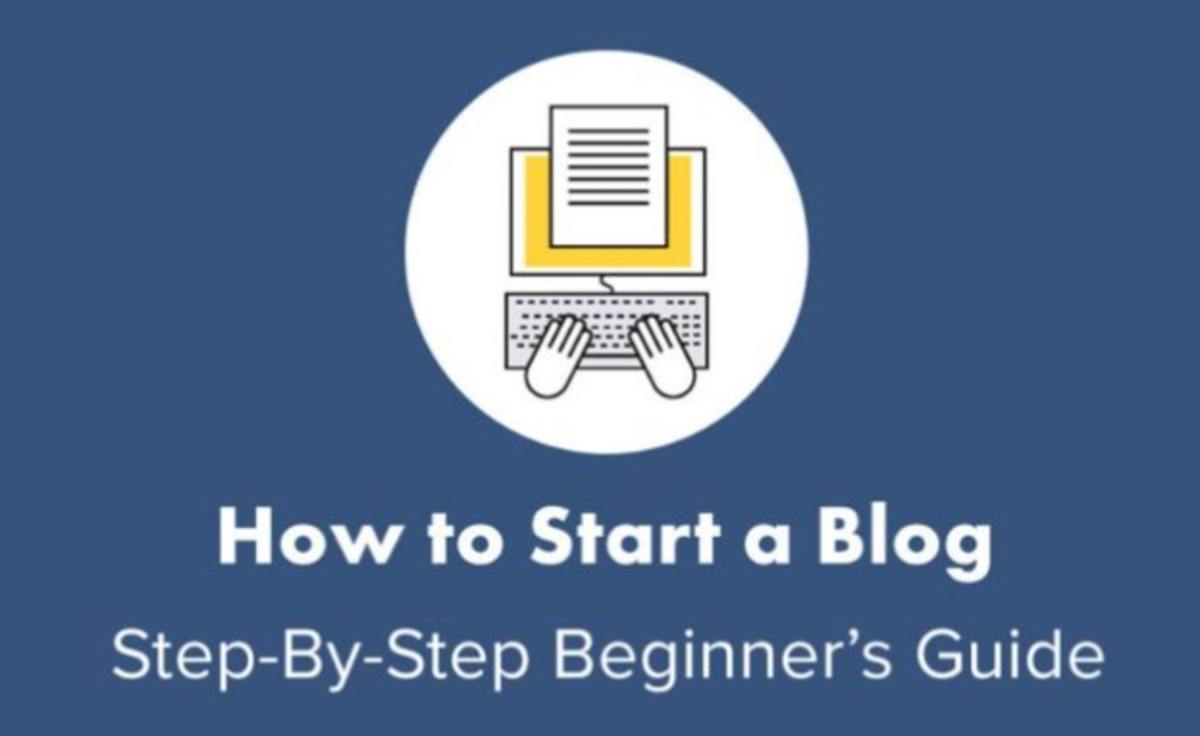Promoting A New Blog
Blogging Basics
Many people starting out make common but false assumptions about the internet. It is important to understand how certain parts of it work to understand how readers find their way to your blog.
Firstly, the internet is a constantly changing environment with millions of additions, alterations and deletions everyday. It changes so rapidly that no one knows exactly what it contains at any given time.
Search engines aim to direct internet users to appropriate content, ranking the many possible websites that are potentially of benefit. Search engines compete to provide the most useful results and the most up to date information. Despite this, if you publish a new blog today you will not be able to find it on google. It won't be there tomorrow either, or next week, and if you can't find it, your readers can't either. So why does this happen?
How Long Will It Take For Search Engines To Find Your New Blog?

Search Engines Need To Find Your Blog
When you type a search into google, yahoo, or bing, they search for relevant websites but they don't search the web as it is at that point of time. They search their data base that contains information on how it was when they last checked. Unfortunately, the internet is a big place and there are billions of pages to check.
To increase their efficiency, search engines have learned to check existing sites that change quickly more often. The higher the rate of change, the higher the rate of visits by the search engine "spiders" that "crawl" a site, indexing its content. This site, Hubpages, is constantly adding new hubs and receives many visits each day from search engine spiders. Unlike a new blog, a new article published here will be indexed by google in a matter of days. Authors with a large amount of content published here have reported hubs being indexed (and as such able to be found in search engine results) in less than 1 hour. If you publish content here, it may be your first published on the internet but it will be found quickly because this is a well established site and you are seen as part of it. If you publish a blog you are essentially starting a completely new site and initially, there is no reason for the search engine spiders to find you.

Getting Traffic To Your New Blog
Your goal is to be indexed by all of the major search engines. This will bring "organic" traffic - readers that arrive directly from a search engines. How do you achieve this?
The old way was to submit your sites URL to each search engine. These days this is not considered the best way to spend your time. Spiders will find your site if you create backlinks from known sites. When the spider crawls this site it makes note of the link. One backlink won't get your site indexed but the more you create the quicker it will happen.
Backlinking has four important benefits for a new blog.
1) It gets it indexed quicker.
2) Once indexed, the more backlinks your blog has, the better the ranking will be that it achieves in the search engine results page.
3) While you are waiting for your blog to be indexed, you will receive traffic referred from your backlinking sites.
4) By using revenue sharing sites to create the backlinks, you can earn money while you work to promote you blog.

Plan Your Blog Promotion
After each blog post, get into the habit of quickly creating a few backlinks at revenue sharing sites.
Try shetoldme, redgage, snipsly and xomba.
If you have a twitter or facebook account link it to your Redgage account to increase links to your blog.
If you do not already have a hubpages account, sign up here and write an article on a similar topic to your blog and link back to it both from your profile page and the article itself.
If You Are Patient - Blog Traffic Will Come
Even by following this method and creating many backlinks to your blog it is still going to take many weeks for search engines to find it.
I use a new blog I started 7 weeks ago as an example: The Online Income Experiment has now been indexed by yahoo but not google. It has 21 posts, all individually backlinked at the revenue sharing sites mentioned above. From previous experience I would expect google indexing soon.
Rather than waiting impatiently for search engine traffic to arrive as I did with previous blogs, I have received just under 300 unique visitors to my blog and just over $3.50 in adsense revenue - all before being indexed by google. Once I begin to receive organic traffic I will be much better positioned to maximise the growth of my site.
To summarize, if you want readers to find your work quickly, sign up for hubpages and write here. If you are willing to wait a few months and do a lot more work, a blog can be a valuable tool in the future.
New Blog Promotion - Feedback
Was this article helpful?









